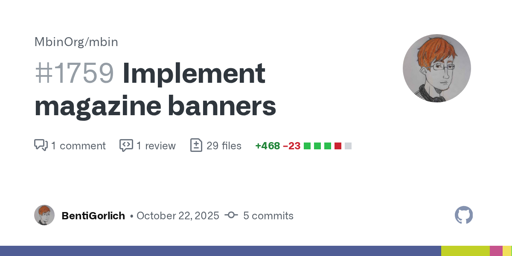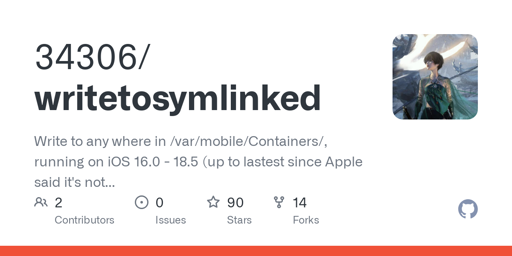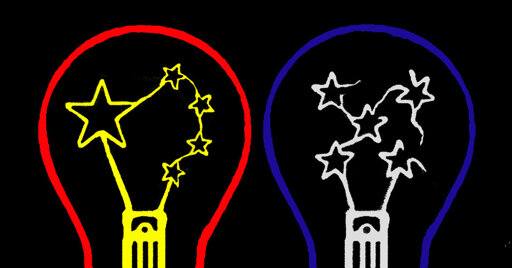

Is comparing social media to a dangerous drug over the top? Not according to the U.S. Surgeon General’s office, which in 2023 released an advisory titled “Social Media and Youth Mental Health” (download it now before RFK Jr. suppresses it!), which summarized extensive evidence of mental health damage to children and adolescents who consume excessive amounts of social media.
Okay, that comparison’s still wayyyy over-the-top.












It’s not just about digital privacy. It never talks about data privacy. It’s about consumer protection and social media’s nature being harmful. The only European law violations mentioned are anti-scamming + “𝕏 refuses to make its public data available to researchers”. It’s also explicitly in favor of KOSA, which lets the FTC ban anything it wants from children’s eyes online. It’s quite implied that the article supports banning social media for youth.